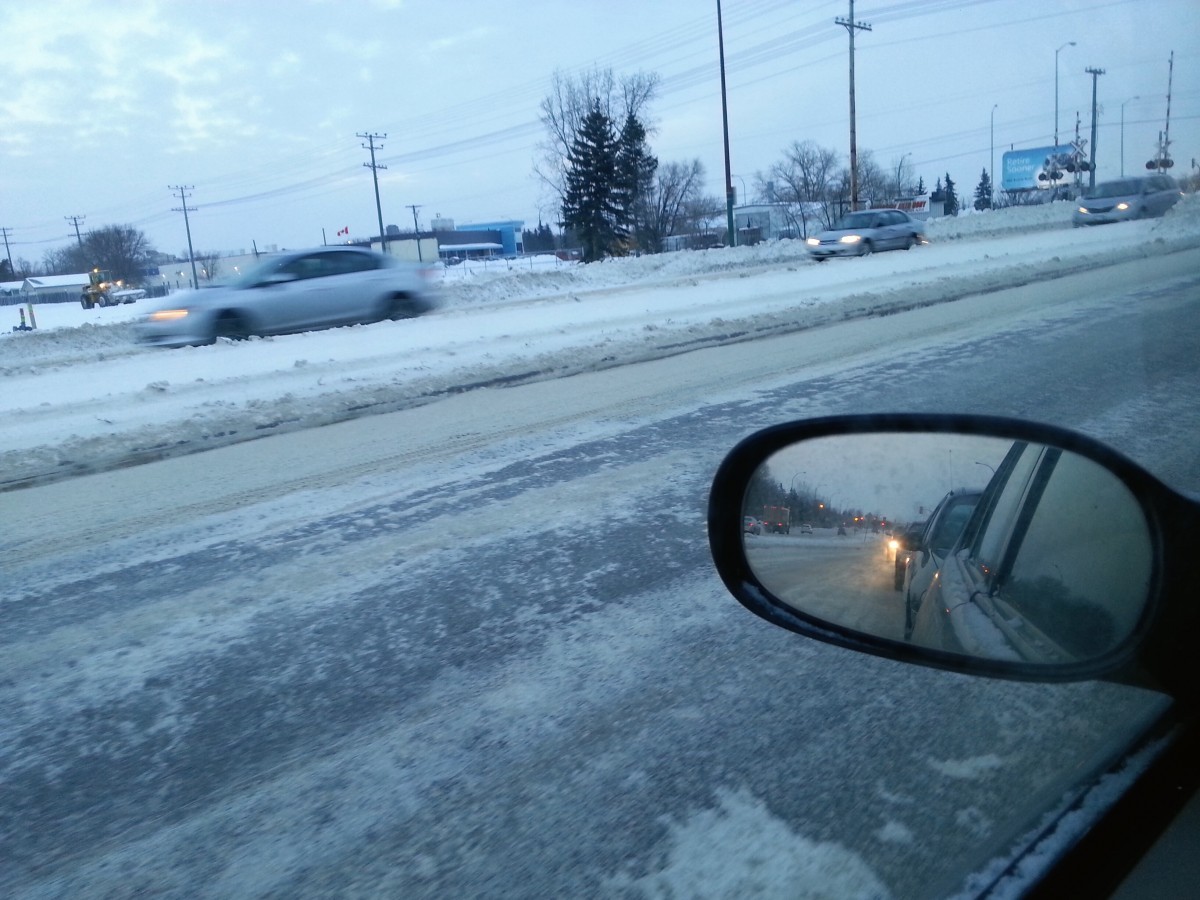
The ethics of Winnipeg snowplows
The U of M's Centre for Professional and Applied Ethics weighs in
UM Today asked the Centre for Professional and Applied Ethics to weigh in on Winnipeg’s “Plowgate” (or if you like forced puns, “plowdemonium”). Associate professor Neil McArthur, the Centre’s associate director, provided some thoughts for us to mull over.
A practical, or ethical failure?
Lots of accidents, endless delays, and a mere 12,330 complaints. “We should have been doing better.” Winnipeg Mayor Sam Katz admitted that the city has done a terrible job clearing the snow from the streets this winter. But is the city’s failure just a practical one, or has it failed its citizens ethically? Snow plowing raises a host of ethical issues. First of all, who should do it? Katz says “we” should have done better, meaning the City of Winnipeg. But in fact, private contractors are the ones who now remove almost all of the snow from Winnipeg streets. And private businesses aim to maximise profits, not necessarily to serve the public interest. Making the plowers public employees might ensure that they are accountable to us, the taxpayers, rather than their profit-seeking bosses.
Perhaps, however, the problem is that the government is involved at all. Libertarians say that governments could stop providing services like snow clearance. They could then reduce our taxes, and let the citizens pay privately to have our streets and walkways cleared. Residents on each block could get together and choose the plow company that provides the cheapest and most effective service. Companies would be forced to compete for our business, knowing that they are directly accountable to us. If they screw up, they’ll be fired. The result would be better outcomes for all.
Some people, like Daniel Helldén, a Green Party MP from Sweden, think the whole focus on plowing the streets is wrong anyway. She says cities give too much priority to cars and their drivers, at the expense of people on foot. She argues that governments should worry less about clearing the streets, and more about keeping sidewalks clear and safe for pedestrians, who are more likely to be poor, elderly, and female. She says three times as many pedestrians are injured during the winter as are drivers.
What do you think? Go to the Centre for Professional and Applied Ethics Facebook page and have your say, or comment here on UM Today.







